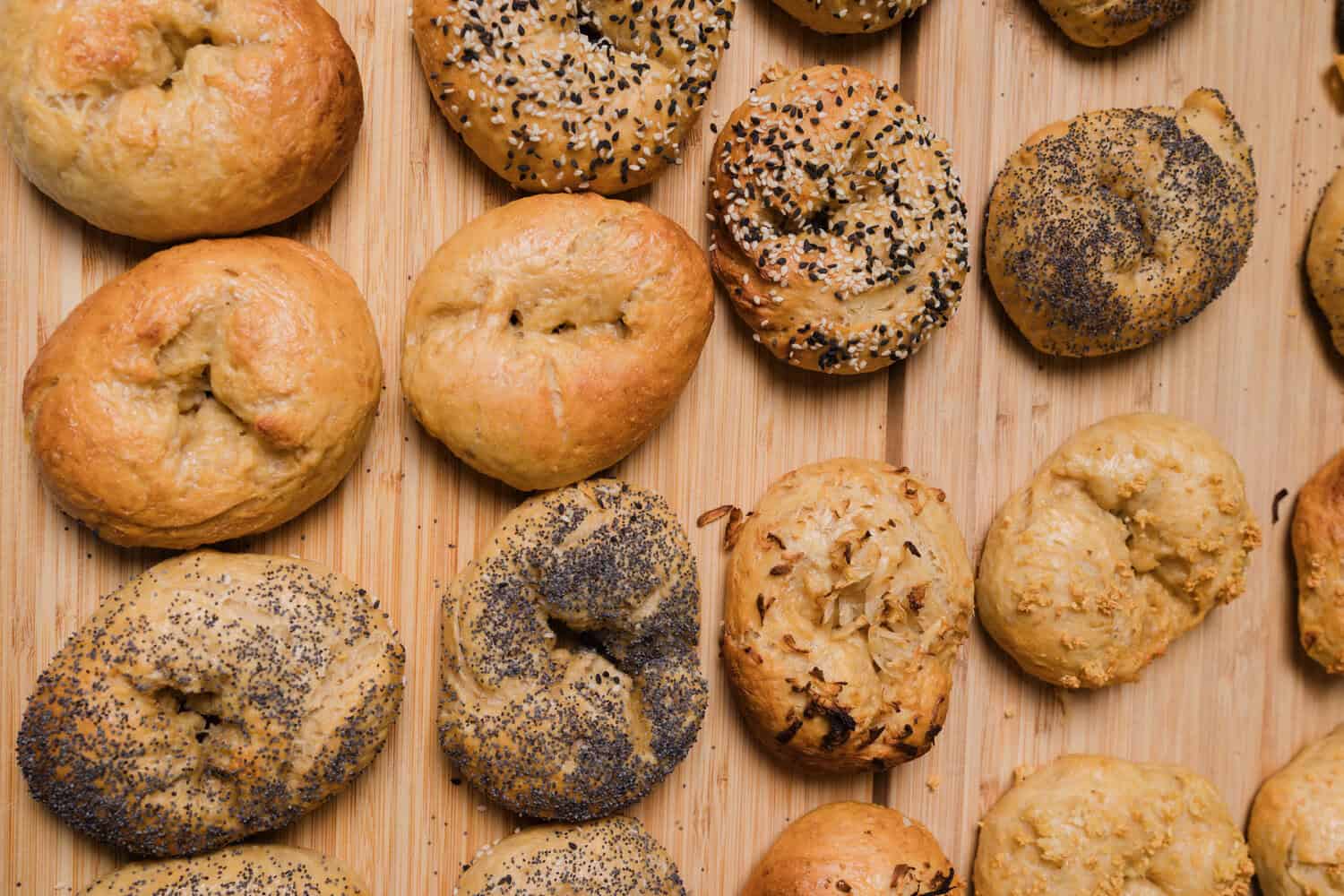Australians use a staggering 130kg of plastic every year, and only 9% is recycled.
With plastic proliferating every aspect of our modern life — food packaging, takeaway containers, coffee cups and even our clothing — it can feel like an uphill battle to go #plasticfree.
In support of Plastic Free July (a habit-breaking exercise worth attempting year round) we chat to Somerville locals, and Priority Earth founders Megan and Cory Stevens, about simple changes we can make to reduce our plastic consumption in the home.
What triggered you to reduce your own plastic use?
Having our three daughters has made us really aware of our impact on the planet. We want our kids and our kid’s’ kids to be able to enjoy nature, just as we have. We want them to be able to breathe fresh clean air and swim in plastic-free oceans.
At the beginning, like any new change, there was a period where we had to remind ourselves to make the right choice. We found the more we educated ourselves on the impact of plastic, the more we became motivated to change. It’s now become second nature to avoid it. Teaching our girls about their choices and how they impact the planet is a continual driving force for us.
What tips would you give to people starting their plastic-free journey?
Pick a few ways that are manageable to reduce your plastic consumption, and commit to it!
The three easiest ways are: swapping the single-use plastic bag you use for fruit and veg for a reusable produce bag, replacing your plastic toothbrush for a bamboo alternative and using a BYO reusable cup for your favourite hot drinks (COVID19 update: most cafes are still accepting thoroughly cleaned, reusable cups, supported by goverment advice — if it doubt, ask.).
Look at where you are spending your money, and what you’re spending it on. Unnecessary purchases — whether they are plastic or not — add to our ever growing mountain of waste. Think about if you can purchase what you need secondhand, or borrow it from a friend or family member? Do the kids need another toy? Or can you spend more time with them outside in nature? As consumers we have so much power to change the world by just being careful with what we buy.
Instagram is full of people with inspiring ideas and plastic-free alternatives. And watching the War on Waste series will motivate you to make more eco-friendly choices.
What advice would you give to those who have tried, and failed, to go plastic-free?
Keep trying. Everybody relapses! Nobody does this perfectly. Our go-to quote is “the world doesn’t need a handful of people being perfectly sustainable. We need millions of people doing it imperfectly.”
If you could make three items plastic-free forever, what would they be?
Produce. No fruit or vegetable should ever come in contact with plastic. Especially bananas! Supermarkets need to stop doing it, and we need to make a stand and stop buying it.
Kids toys. The most important thing we can do as parents is teach our kids how to look after and respect our planet. They don’t need piles of plastic junk, they need our time and connection.
Toothbrushes. There is just absolutely no need for them to be plastic.
"As consumers we have so much power to change the world by just being careful with what we buy."
Do you have any tips to reduce food waste in the home?
Proper food storage is key. Storing your fresh fruit and vegetables properly makes a huge difference for not only making them stay fresher for longer but also saves you money from having to replace spoiled foods. If you think about all of the energy and resources that goes into growing fruit and veg, we need to value it more.
Regrowing veggies from scraps is a great way to save money and the planet. For example, replanting spring onion roots or a celery base in your garden once, and then having a plentiful supply whenever you need.
What do you think needs to be done to make it easier and more accessible to go plastic-free?
Unfortunately plastic is now the norm. Our biggest pet peeve is buying pantry items, but having to pay more for a plastic-free option. It should be cheaper to go to the effort of doing the right thing, otherwise it becomes a challenge for consumers who are limited financially, but want to make more sustainable choices. For now, the best thing we can do is talk to and educate our friends and family about plastic, and how we all need to do our bit to become more sustainable. If we all work together we can make a difference.







.jpg)

